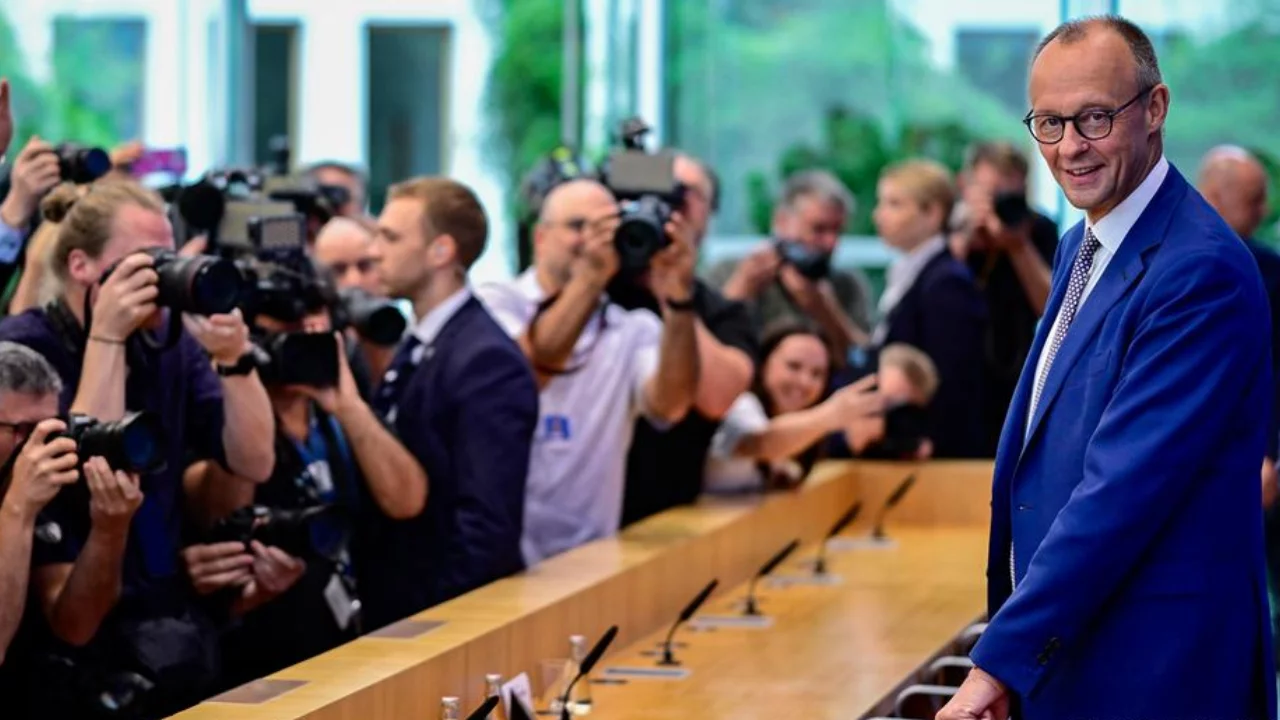Trust in the coalition government is declining in Germany: new poll results cause concern

In Germany, nearly three months after the start of the federal government, there are significant changes in the political mood and level of trust in the country. According to a "Politbarometer" poll conducted by the ZDF TV channel, 49 percent of the population rated the government's performance as "very good," but this figure was 60 percent in June. Thus, in recent months, trust in the government has sharply declined.
At the same time, 41 percent of poll participants called the coalition's work "very bad." According to the dpa agency, the previous "traffic light" coalition, after the same period, had a high rating of 64 percent, and only 26 percent of the population were dissatisfied. This indicates that there is more criticism and distrust of the current government in society.
According to a poll studying the mood of voters, if parliamentary elections were held next Sunday, the CDU/CSU bloc would receive 27 percent (minus 2 percentage points) and would be in the lead. Following is the far-right Alternative for Germany (AfD) party with 24 percent (+2 percentage points). The SPD remains stable at 15 percent, Alliance 90/The Greens lost one percentage point and dropped to 11 percent. Likewise, the Left party also has 11 percent.
There are also many questions in German society about the future government. According to the poll, 34 percent of the population believe that the current coalition will not remain in power until the next federal elections in the spring of 2029. The remaining 60 percent of respondents believe the government will finish its term.
Conclusion: The decline in trust in the government in Germany, the fall in the coalition's rating, and the strengthening of opposition parties are causing new questions and concern on the country's political scene. Upcoming elections and political processes may seriously affect the mood of the population — the development of the situation is of interest to everyone.
Read “Zamin” on Telegram!





















